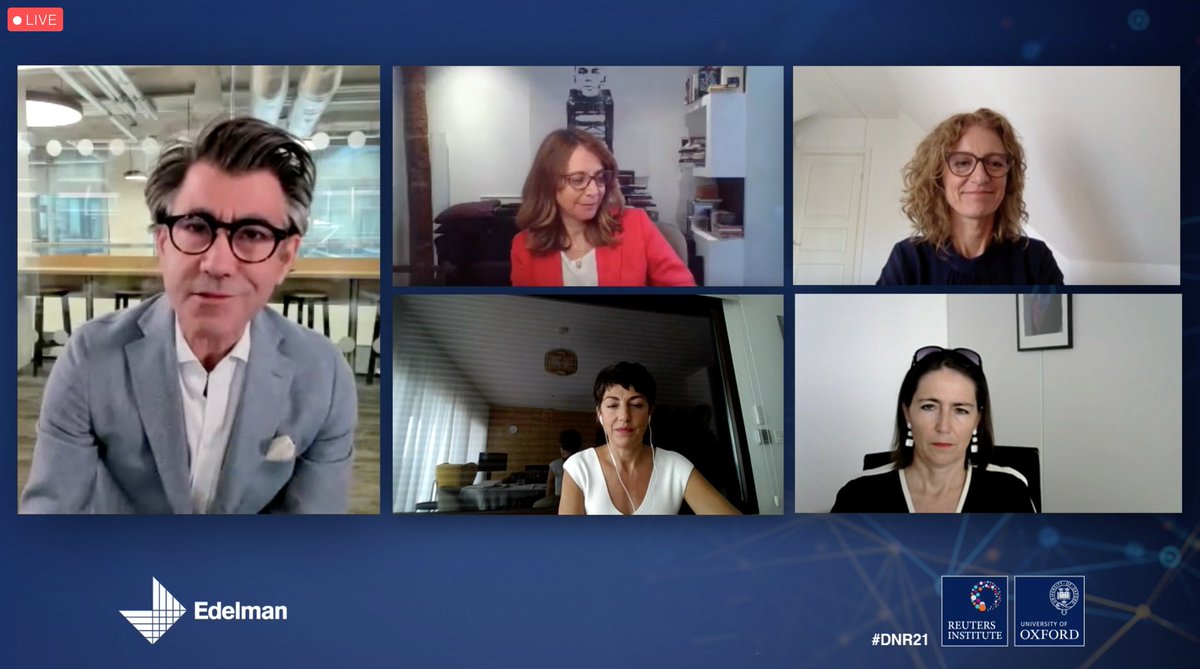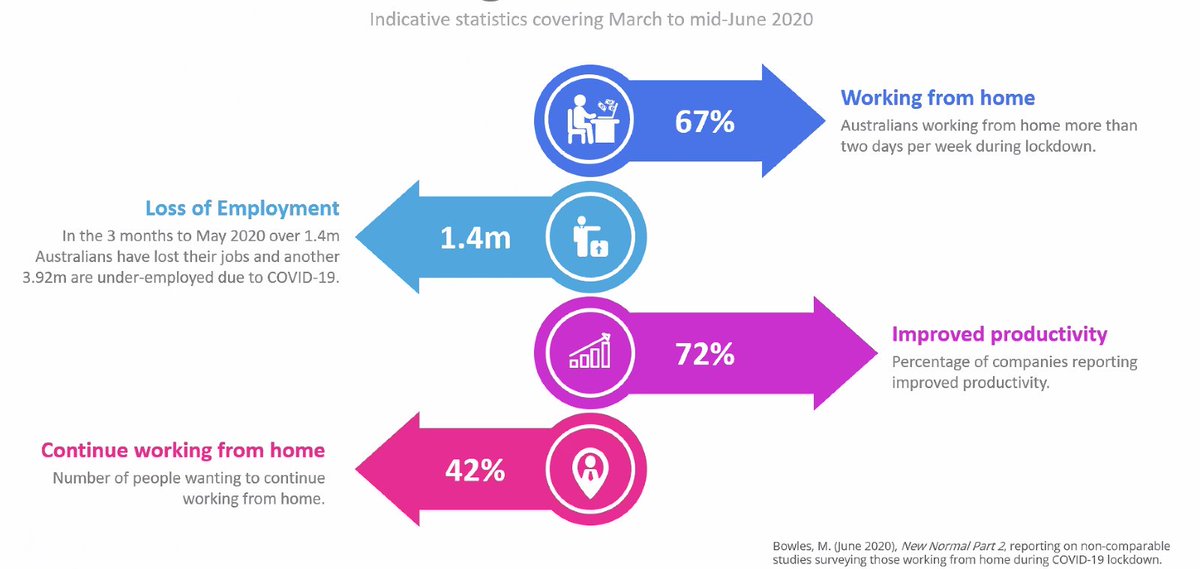Watching the launch of the report live right now with @rasmus_kleis. #dnr2021 #DNR21 
https://twitter.com/risj_oxford/status/1407581713656696832

Interesting to see trust issues with politicians are more than twice as poor as with journalists. Also - willingness to pay for news STILL causally linked to TRUST. Big blockage to payment: wide availability of news for free. #journbiz #dnr2021 



Respondents to the #DNR21 report say they want news to be factual, and to present a breadth of views rather than be partisan. Under-35 audiences want outlets to take a stand on specific issues, though, like climate change, says @nicnewman. 

Also worth outlets getting on TikTok to share news, says @nicnewman. A growing number of young people are on the app, and a proportion of those users are looking for news. [I wrote about this in Jan 2020 including how to use the app for journalism medium.com/@corinne_podge…] #DNR21 

• • •
Missing some Tweet in this thread? You can try to
force a refresh








